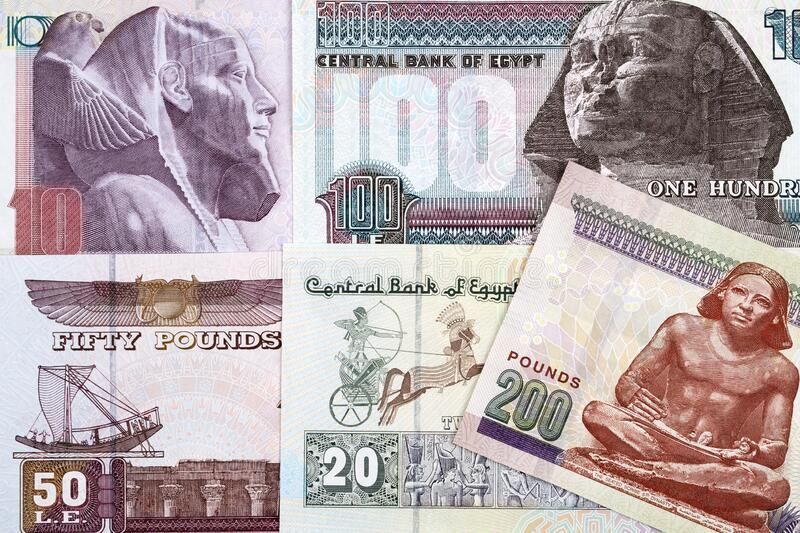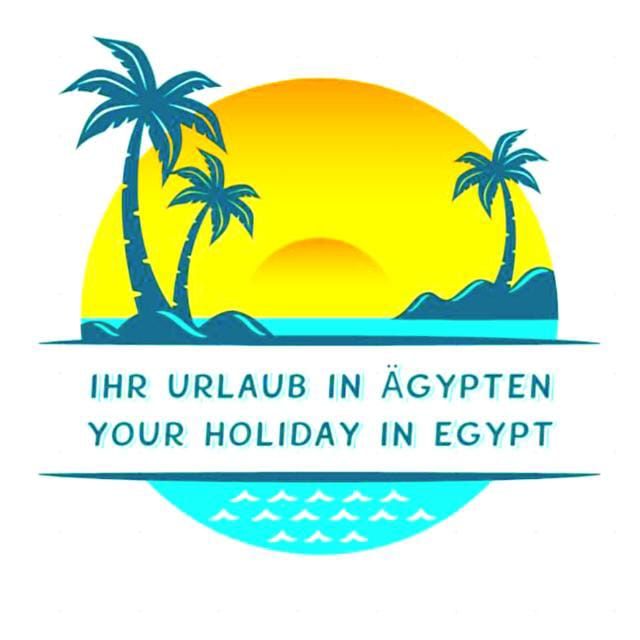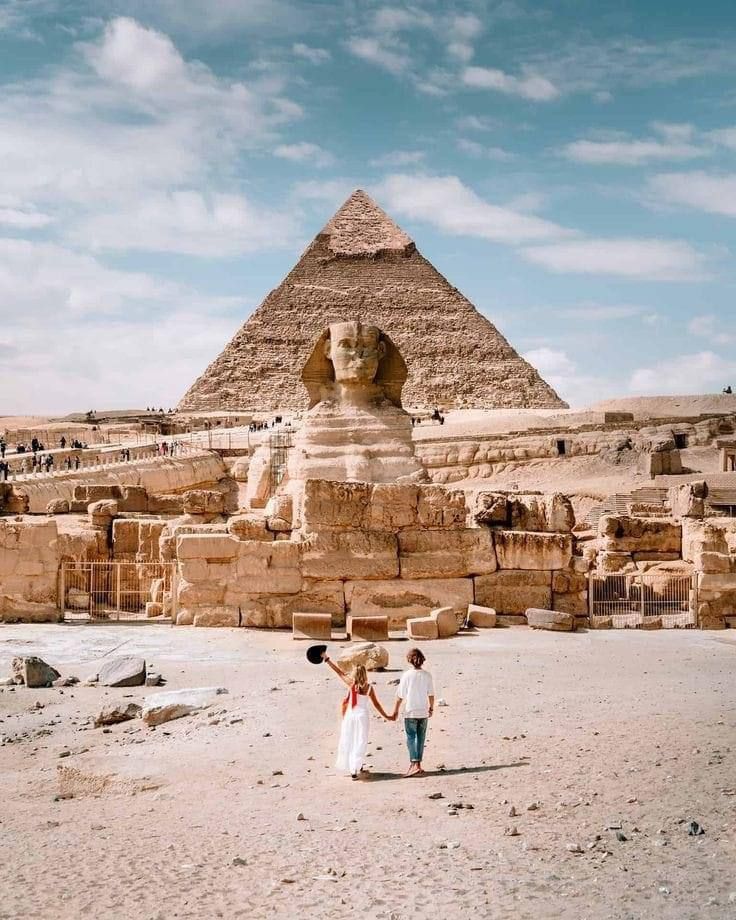info & facts
Egypt has been one of the most popular holiday destinations in the Middle East for many years. The temples in Luxor in the south and the pyramids of Giza stimulate the imagination.

100 million
The majority of Egypt's population of over 100 million lives in a narrow strip along the Nile. Since this is only a small part of the total land area, most Egyptian cities are densely populated and extremely dynamic.
Although the Egyptian economy has grown enormously in recent years, a third of the Egyptian population still lives below the poverty line. The economy is heavily dependent on tourism and the country has lost important income from this sector due to the corona pandemic. Since 2021, tourism to Egypt has slowly been recovering. To give tourism a boost, the Egyptian government made the e-visa available to travelers from 78 additional countries.
Climate
Almost all of Egypt has a hot desert climate. It is a little cooler on the banks of the Nile and on the coast, but in summer temperatures almost never fall below 30 degrees during the day throughout Egypt. In many places it regularly reaches 40 degrees, especially in the desert areas. At night, however, temperatures in the desert can cool quickly.Rain is a rarity in Egypt. Even in autumn and winter only a few millimetres of precipitation falls. Precipitation is generally higher in the coastal regions than in the interior. For example, in Alexandria it rains significantly more than in the south of the country, where sometimes not a drop of rain falls for a whole year.In spring a dry and extremely hot wind blows across the country from the southwest. This wind, known as khamsin, can cause impressive sandstorms.

Currency in Egypt
The Egyptian pound (EGP) is used as the official currency in Egypt. One Egyptian pound is worth 100 piastres. One euro is equivalent to 34.00 EGP (July 2023), which is why European travelers can eat and do other shopping relatively cheaply in Egypt.In principle, you don't need to take a lot of cash with you, as it is now possible to pay with a debit or credit card almost everywhere. However, be aware that many banks charge transaction fees for this. It is advisable to check how much these fees are before traveling. In some cases, it may be worthwhile to take more cash with you to Egypt.
The tourist highlights of Egypt
Egypt has a lot to offer in terms of tourism. The Pyramids and the Sphinx of Giza are undoubtedly the most famous sights in the country. They are just a stone's throw from Cairo and therefore very easy to visit from the capital. In Cairo itself you will find the Egyptian Museum, one of the most famous museums in the world. The famous death mask of the Pharaoh Tutankhamun is exhibited here, along with thousands of other ancient artifacts. The Egyptian capital is also home to countless other museums, including the Coptic Museum, as well as attractions such as the Cairo Citadel, a castle from the time of the famous Arab general Saladin.
Culture & Society
The majority of the Egyptian population follows the Sunni stream of Islam, which is clearly evident in everyday life. Five times a day, the call to prayer echoes through the city from the minarets, setting the pace of everyday life. Many Egyptians pray several times a day and also in public places. A second important pillar of Egyptian society is the family. It is customary to get together with a large part of the family every Friday and enjoy a large meal, as Friday is the most important day of the week in Islam. Egyptian cuisine is very varied and differs significantly in some aspects from the cuisine of other Arab countries. Many dishes are vegetarian and contain pulses. However, a lot of chicken and lamb is also eaten. Pork, however, is hardly available, as it is considered unclean in Islam.
How do I get cheap internet in Egypt?
You can buy these directly in Egypt from a local provider. The largest and best-known mobile phone providers in the country are Vodafone, Orange and Etisalat. You can often find these local SIM cards directly at the airport or in the city's shopping centers.
Advantages:
- Thanks to many providers and stores, you have a large selection of SIM cards.
- Many offers also mean a price range from cheap to expensive.
- Various data packages available.
International roaming for internet in Egypt
With the elimination of roaming costs within the EU, we often no longer even think about internet abroad. However, when traveling to destinations outside the European Union, there are still high charges for using SMS, calls and mobile data. Here, you are charged a high price for every MB used. This can cause your mobile phone bill to rise quite a bit at the end of the month. The common mobile phone providers such as Telekom, Vodafone or o2 offer various data packages for abroad. However, these are often priced far too high and you only get a few hundred megabytes.





